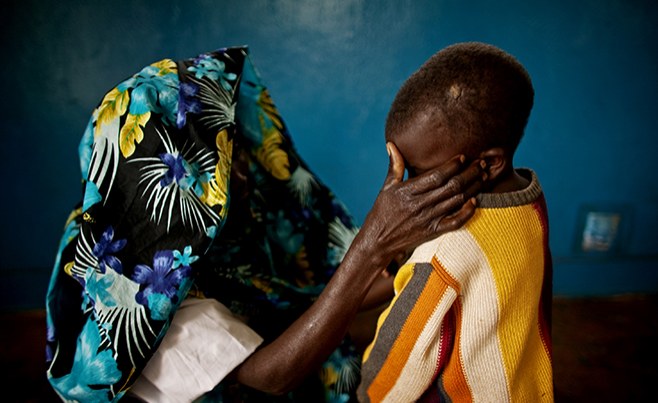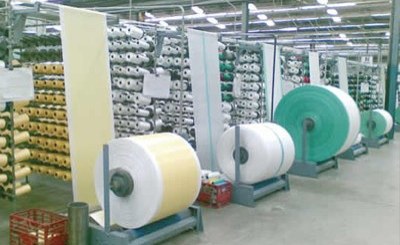Somali traffic police officers say they are ready to take up arms to defend themselves after al-Shabaab issued specific threats against them and killed at least four of their colleagues since the beginning of Ramadan.
“We never expected that traffic police would be targeted because they were providing a service to the Somali public and they control the flow of traffic so that accidents that cause problems do not occur,” Police Traffic Commandant General Ali Hirsi Barre told Sabahi.
“We are preparing to arm ourselves so that we can continue to perform our duties,” Barre said. “We will protect ourselves against any attack that comes to us from the insurgents.”
Two traffic police officers were killed while on duty at Mogadishu’s Maka al-Mukarama Road at the start of Ramadan, another was killed and one injured July 4th at a busy intersection in Hamar Jajab district, and another was killed two days later in Yaqshid district.
Al-Shabaab threatened to continue killing traffic police if they see them on the roads.
“For a long time we have spared the traffic officers, but we will target them from now on because they are the same as the other army serving for the enemy,” al-Shabaab spokesperson Sheikh Ali Mohamud Rage said July 5th according to Hiiraan Online.
The same day, Barre submitted a request to the federal government to arm and train the traffic police and to have Somali national police officers provide protection for them until that is possible.
“I heard [al-Shabaab] has claimed to be targeting the traffic police because they search vehicles and verify vehicle and driver documents,” Barre said. “However, that is our duty as a government and we will not stop.”
The request to arm traffic police is still pending, Barre told Sabahi on Monday (July 14th), so for now, Somali national police officers will continue providing them security.
When asked if the plan was too costly for the city of Mogadishu, Barre said the federal government would pay for the additional police presence.
Already, traffic police can be seen along Mogadishu’s roads under the protection of armed Somali police. Security has also been beefed up at the traffic police headquarters in Mogadishu’s Shangani district with armed personnel standing guard.
Barre said Somali security forces have arrested one suspect in connection to the latest killing, and that the suspect confessed to the crime and police are still questioning him.
‘We are determined’
Abdulqadir Abdullahi Sheikh Ali, a 28-year-old Somali traffic police corporal, said that apart from the grief they feel at the loss of their colleagues, the work of the traffic police will not be affected by the attacks.
“We come to work every morning as usual,” he told Sabahi. “There is no fear among the traffic police, but we are alert to the attacks that are targeting us. We are determined to work for our people whatever the situation becomes.”
While some drivers and Mogadishu residents support the arming of traffic police, others worry that putting more weapons on the streets could pose a danger to the public.
“I am really worried about the weapons and the soldiers placed on the intersections,” said Mohamed Abdulqadir, 34, driver of a public transportation vehicle in Mogadishu. “Al-Shabaab has threatened to attack the traffic police and the officers have vowed to defend themselves. That will pose a problem to the public when there is a confrontation.”
“We would prefer that [armed] officers do not stand on the roads or for the government to find another solution for ensuring traffic security,” he said.
But Ibrahim Gurey, a 26-year-old general store owner who drives to work every day along the busy Maka al-Mukarama Road, welcomed the resolve of the traffic police to continue their work despite the threats.
“However they do their work, traffic police are necessary for the roads, especially in a country like Somalia where problems and lawlessness have prevailed for more than 20 years,” he told Sabahi.
“If they cannot continue their work without weapons, then they have to arm themselves so that they can continue with their service to the public,” he said. “[Otherwise,] who will direct traffic? Who will uphold traffic laws if the traffic police flee in fear?”
South Africa Today Africa – East Africa Somalia News








